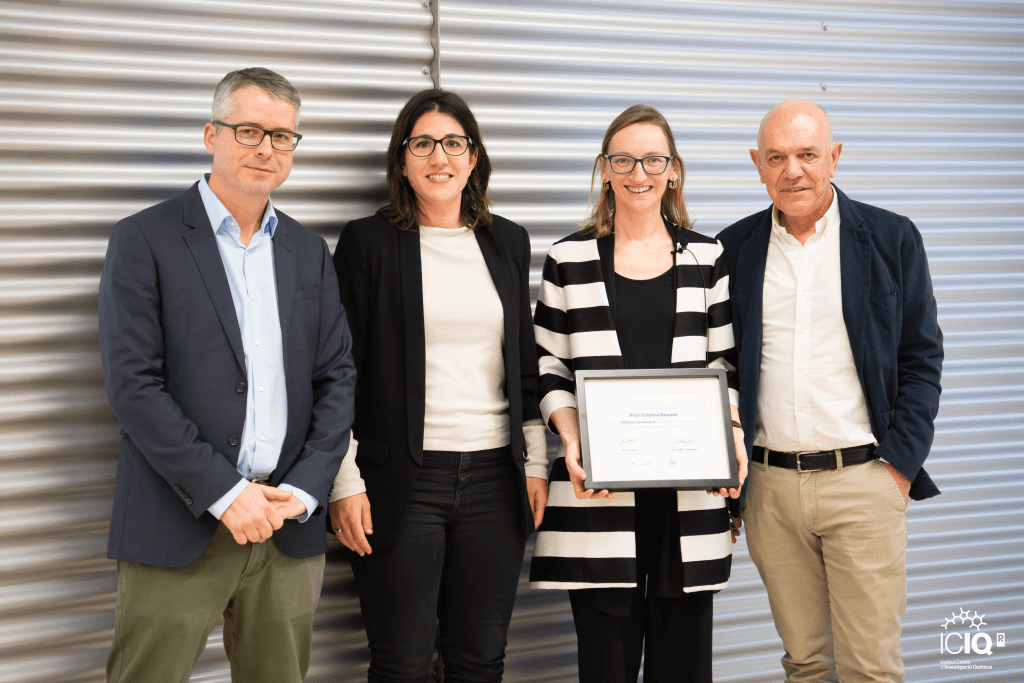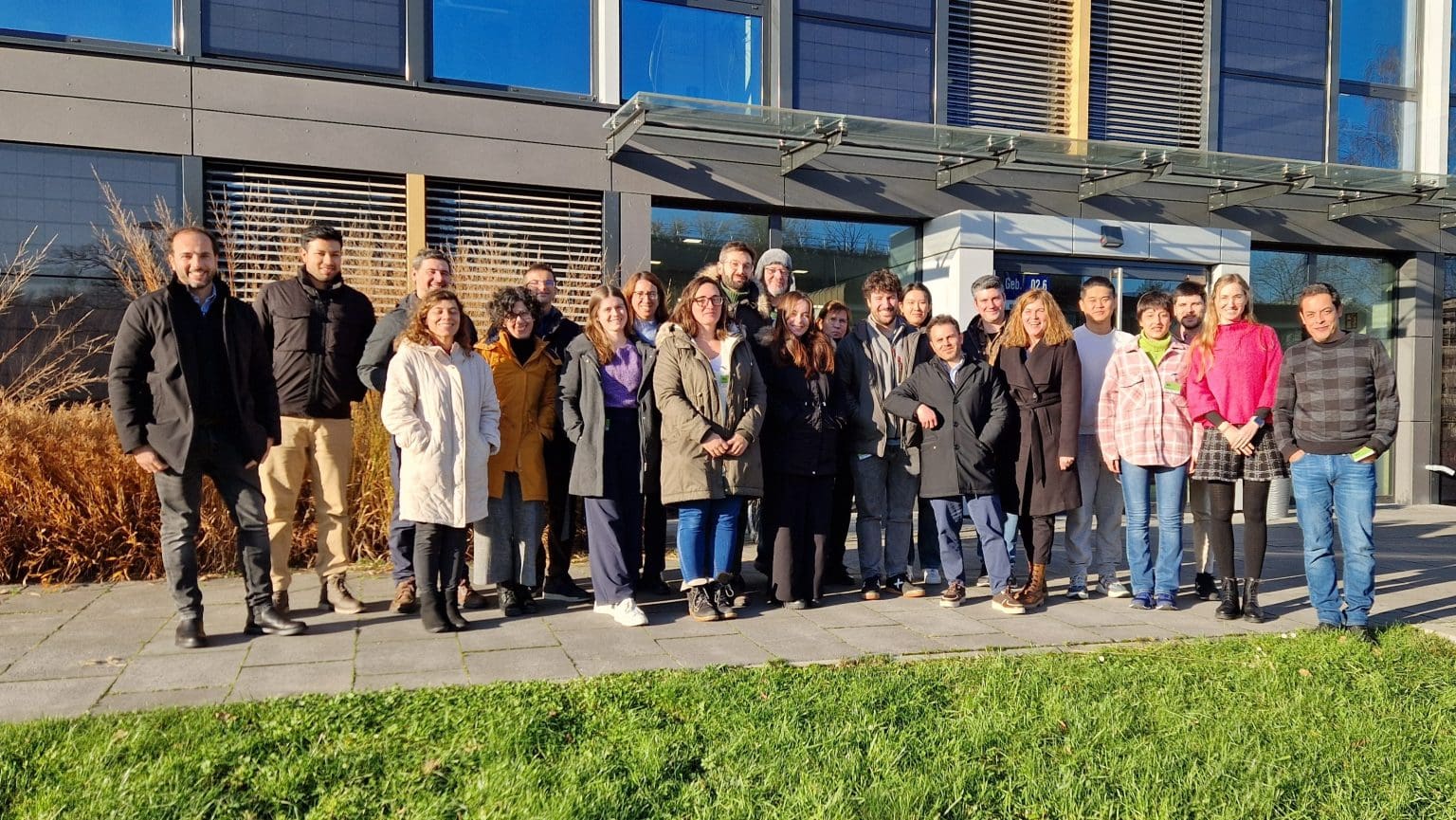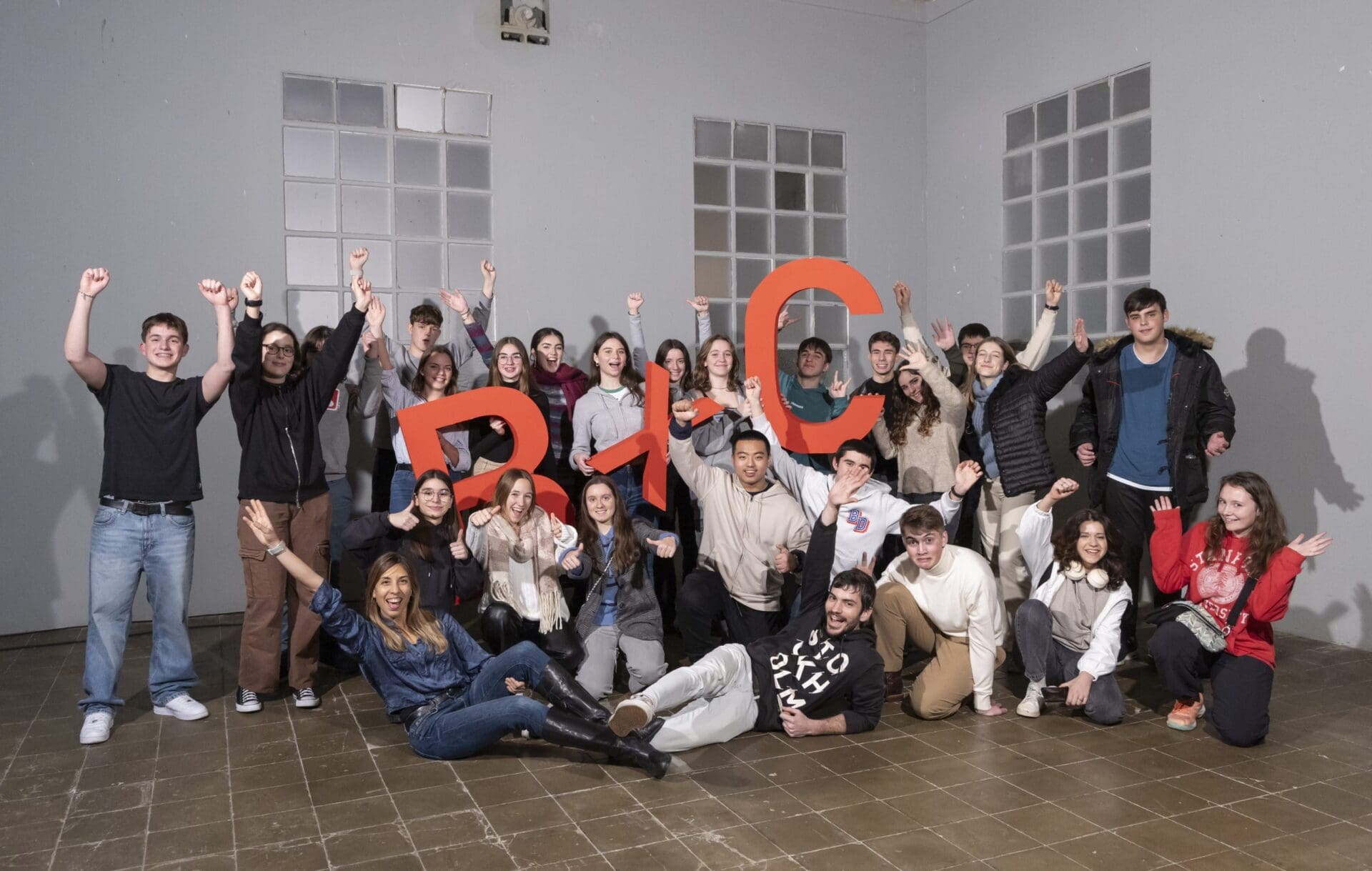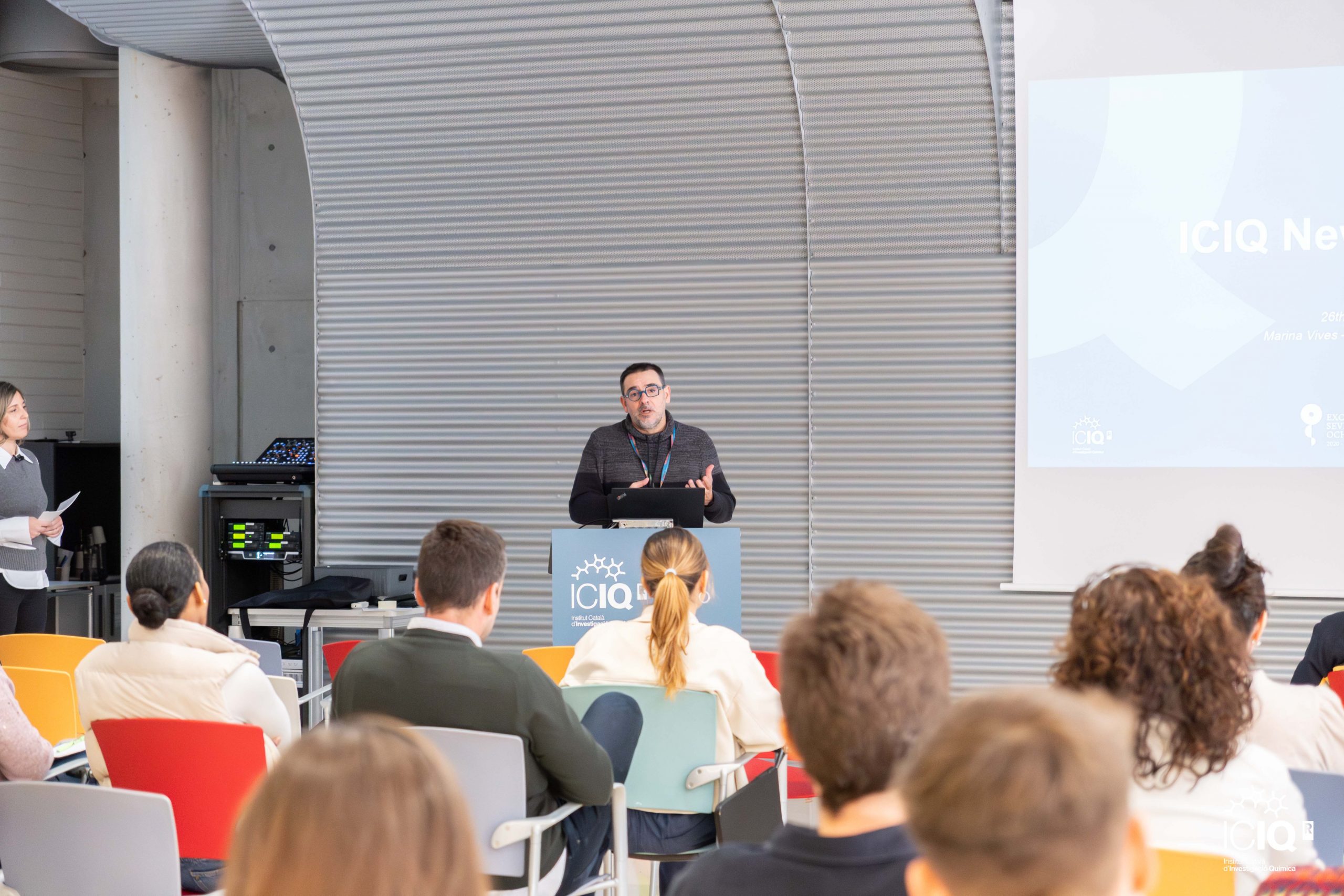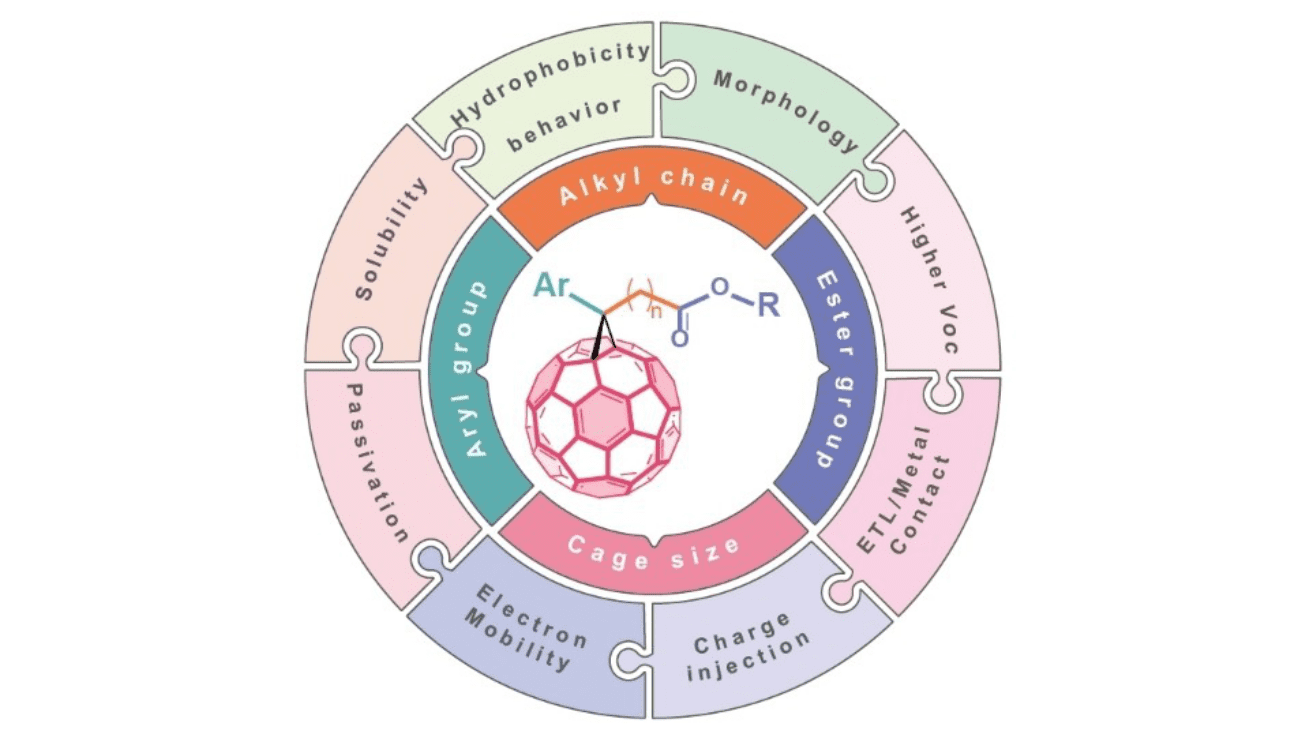Our Common Responsibility
The measures that we as a society have adopted to contain the COVID-19 pandemic have represented, to a greater or lesser extent, enormous efforts from all of us. Abdicating freedom of movement, the loss of many lives and the terrible circumstances in which they have occurred, the destruction of countless jobs and the certainty that from now on our routines will be different, has resulted in a profound change of mentality and relationship with our world.
And it has also meant the empowerment of civil society.
Society has shown a significant level of imagination and resilience. It is legitimate for us to come out strongly to demand that governments make structural changes and invest in health, research and education, in addition to committing to helping the people who have suffered the most from the impact of this crisis.
The world of science, as an intrinsic part of society, should not be alien to the social context. The pandemic has brought scientific research into focus as the only solution to end COVID-19. It has also highlighted the need to dedicate more resources to science, without forgetting that we have other key challenges in our future, such as climate change. But we must also respond to the demands of people for transparency and commitment to diversity.
Recently, the scientific community reacted relentlessly against the Angewandte Chemie journal for having published an article contrary to the values of diversity and equality that most universities and research centers have embraced as a pillar of justice. The withdrawal of the article and the internal measures that the journal has adopted to avoid repeating this mistake are examples of the need to be and act in accordance with the social values agreed upon by all.
The case of Angewandte‘s article has been a corrective and reality check for the journal. ICIQ wants to clearly express its commitment to the protection and defense of diversity, as well as the conviction that no institution whose goal is progress in scientific knowledge can remain silent and not do anything about it.
Another powerful example is how society has come out en masse to demand that systemic racism be eliminated after the murder of George Floyd. No one can be oblivious to this fact. It is not enough to raise our voices against social injustices. We must act and demonstrate our commitment to lasting change. And we must urge our political institutions to act, with facts and reforms that guarantee respect and equality.
We are witnessing a moment of review and reformulation of our society. It is society as a whole that must direct this change, the result of which must be a new social, economic and political paradigm that guarantees well-being and respect for social diversity. As scientists, our work must contribute to this, providing the solutions and the commitment that society demands from us.
Miquel A. Pericàs
Director of ICIQ
Related news

Let's create a brighter future
Join our team to work with renowned researchers, tackle groundbreaking
projects and contribute to meaningful scientific advancements







 11-12-2024
11-12-2024 
